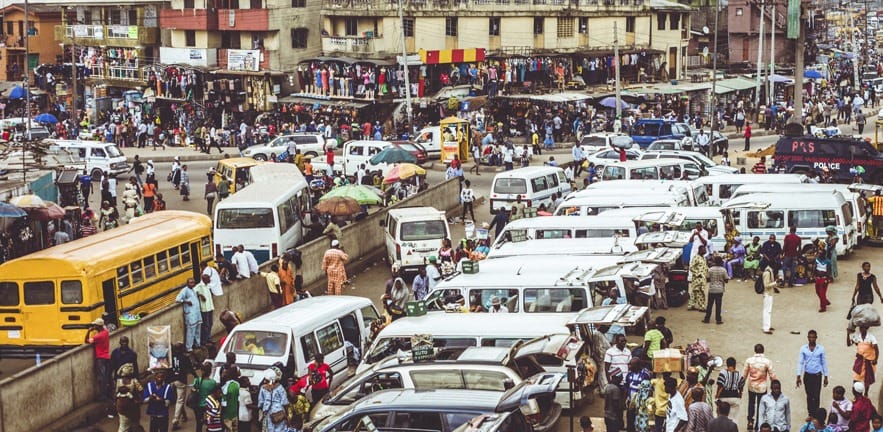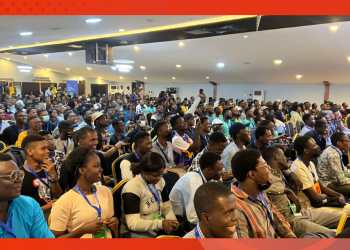It began with a post on X. Chef Imoteda, founder of Fired and Iced, shared how a payment dispute wiped out her earnings in one stroke. Within hours, Lagos entrepreneurs across food, fashion and lifestyle chimed in. Autogirl spoke about reversals that undermine small operators. Ozzy Etomi’s Dye Lab noted how international customers often pay with credit cards only for chargebacks to come weeks later.
The conversation snowballed, passing 100,000 views, and what started as one story became a collective warning: this December many Lagos small businesses may refuse international cards altogether.
Last December’s bruises
Detty December 2024 was packed: weddings, concerts, pop-ups, parties. Diaspora visitors pulled out Visa, Mastercard and Amex without hesitation. For them, it was convenient. A ₦400,000 or ₦1,200,000 spend could be spread across multiple statements.
By January and February, the disputes arrived. Some were “friendly fraud,” others were buyers second guessing their spend, but the effect was the same. Businesses lost stock, lost cash, and still had to absorb fees.
On platforms like Paystack, merchants have just 16 business hours to respond to a chargeback. Miss it and the money is gone automatically. Even when responses are filed, international issuers frequently side with their customer. American cards in particular are built to protect the cardholder, not the small Lagos brand.
Why American cards feel unfair
This was repeated across the X thread. Amex and other US credit products tilt heavily in favour of their customer. With one call, a cardholder can trigger a reversal while a Lagos merchant must scramble across time zones to provide proof. Credit culture overseas encourages spending now and sorting it later, but here, the merchant bears the entire cost of that delay.
What happens if diaspora customers cannot spread payments
It changes shopping behaviour. Instead of one large basket on an Amex, customers may buy in smaller amounts, or agree to deposit and balance terms (₦200,000 upfront, balance at pickup). Some will turn to local BNPL fintechs who assume the credit risk, rather than push it onto a merchant with no protection.
For businesses, that trade off makes sense. Better smaller, certain payments than large, reversible ones.
The protective playbook
For those still willing to accept international cards, the survival strategies are clear:
- Collect 30 to 50% deposits by bank transfer
- Use 3D Secure by default for e-commerce.
- Always take ID and signed confirmation at pickup or delivery.
- Keep a dispute folder (invoice, screenshots, delivery proof) ready to send within hours.
- Assign a backup person to reply to disputes so the 16 hour window is not missed.
Alternatives already in play
Fintechs are offering practical workarounds:
- Pre-funded virtual USD cards (Payday, Chipper, Barter, Geegpay, Cardtonic) that diaspora can load before arrival. They function like Visa or Mastercard but only spend what is funded, not credit that can later be disputed.
- Local wallets and naira debit cards linked to BVN or NIN, which returnees can preload and use seamlessly on arrival.
- For events and pop-ups, some brands are introducing vouchers and prepaid balances, avoiding cards entirely.
Why this year is different
The difference in 2025 is not the risk, it is the visibility. Last year many merchants grumbled in silence. This year, the X conversation has pulled it into the open. Businesses are clearer about their boundaries: we cannot carry the risk for international issuers who do not protect us.
As one Lagos entrepreneur wrote in reply: “We are not rejecting customers. We are rejecting uncertainty.”
And that may be the real headline of Detty December 2025. The parties, the fashion, the food will still be there. But if you reach for an international card, do not be surprised when the answer is a firm Lagos-style no.














